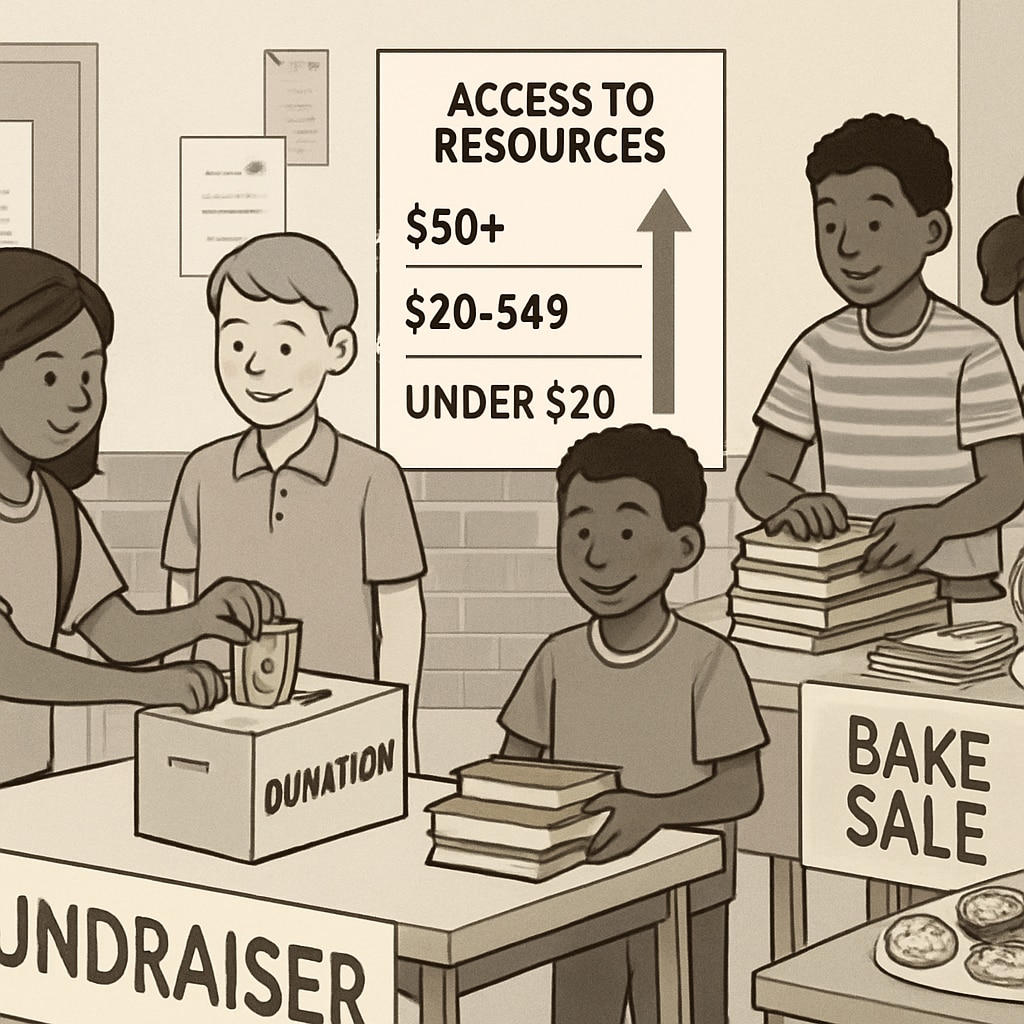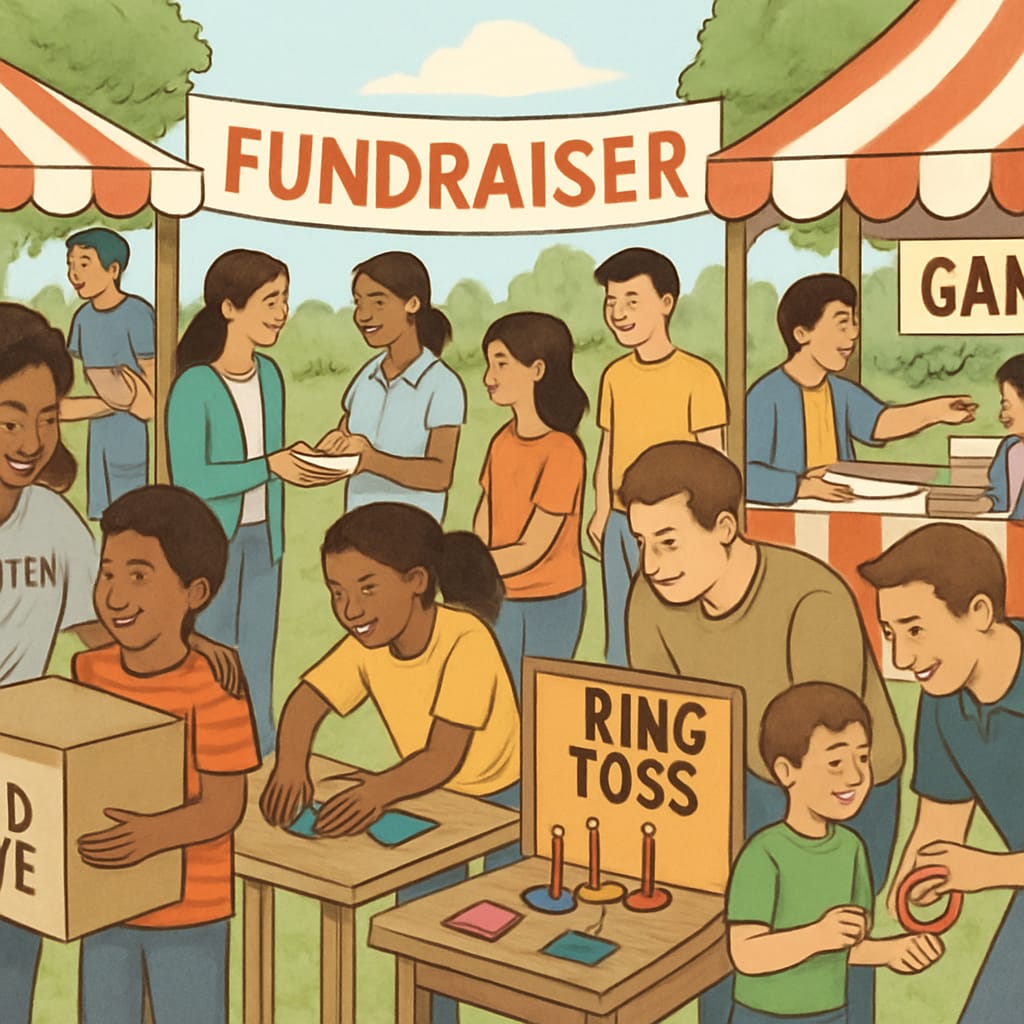In recent years, school fundraisers have become a common practice for raising money to support extracurricular activities and essential programs. However, when these fundraisers tie children’s participation or rewards to donation amounts, concerns about fairness, inclusion, and economic discrimination emerge. This model risks creating divisions based on financial capacity, which can impact children’s psychological well-being and undermine the principles of education equity.

How Do Fundraising Tiers Impact Children and Families?
Fundraising tiers often categorize participants based on their donations, offering exclusive benefits to higher contributors. For example, some schools grant special privileges—such as VIP seating at events, extra prizes, or access to exclusive activities—to families who donate more. While this approach may incentivize contributions, it inadvertently creates a hierarchy among students, dividing them into groups based on their families’ financial means.
- Social Impact: Children from lower-income families may feel excluded or inferior, fostering feelings of inadequacy and resentment.
- Psychological Effects: The association between money and privilege can reinforce harmful stereotypes and create unnecessary pressure on families.
- Community Divide: Instead of fostering unity, tiered fundraising may widen the gap between socio-economic groups within the school community.
As a result, many parents and educators question whether such systems align with the values of education fairness and inclusivity. Learn more about the principles of education equity.
Alternative Approaches to School Fundraising
To address the issue of economic discrimination in school fundraisers, schools can adopt more inclusive approaches. Here are several alternatives that prioritize fairness while still achieving fundraising goals:
- Flat Contribution Model: Encourage all families to contribute a suggested minimum amount while keeping participation open to everyone, regardless of donation size.
- Community Events: Host events like bake sales, talent shows, or auctions where participation and enjoyment are not tied to financial contributions.
- Anonymous Donations: Make donations anonymous to prevent comparisons and ensure that students are treated equally.
- Corporate Sponsorships: Partner with local businesses or organizations to cover costs, reducing the pressure on individual families.
Adopting these practices can help schools align fundraising efforts with their mission of providing equal opportunities for all children. For example, community-based fundraising is often praised for its inclusivity and ability to build stronger social bonds.

Why Schools Must Prioritize Equity in Fundraising
Education is meant to be a level playing field, where students are judged by their abilities and potential rather than their socioeconomic status. Schools have a responsibility to create environments that promote equality and inclusion, especially in activities that extend beyond the classroom. Fundraising mechanisms should reflect these values by ensuring all students have access to the same opportunities, regardless of their financial background.
Moreover, the lessons children learn from these experiences shape their perspectives on fairness, privilege, and social dynamics. If schools unintentionally teach children that money equates to privilege, they risk reinforcing societal divides and limiting the next generation’s ability to empathize and collaborate across socio-economic boundaries.
Final Thoughts: Building a More Inclusive Future
School fundraisers play a vital role in supporting extracurricular programs, but they should never come at the cost of equity or inclusivity. By implementing fair practices and alternative models, schools can ensure that fundraising events build community rather than divide it. Addressing economic discrimination in schools isn’t just about raising funds—it’s about upholding the foundational principles of education and shaping a more equitable future for all children.
Key Takeaways:
- Fundraising tiers linked to donation amounts can lead to social divides and psychological harm.
- Inclusive models such as flat contributions and community events promote fairness.
- Schools must prioritize equity to ensure all students have equal access to opportunities.


